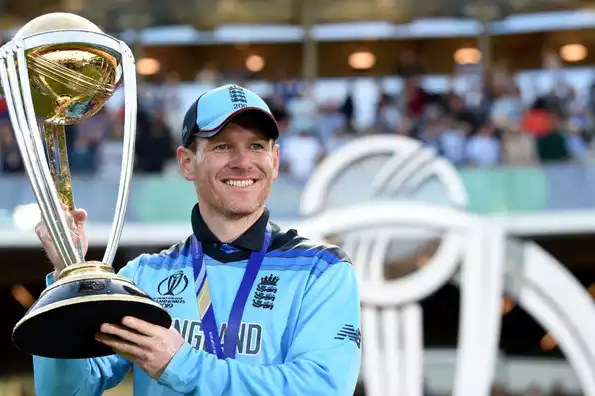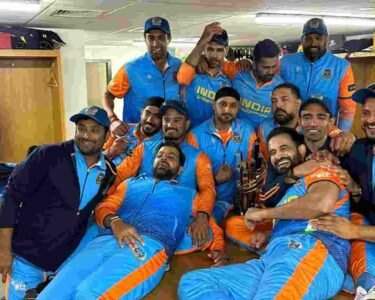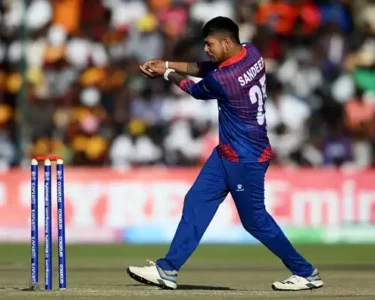During his tenure as England captain, Eoin Morgan navigated the evolving captaincy style and increasing access to data. Reflecting on his approach with Cricbuzz, Morgan discusses the significance of asking the right questions to maximize data’s utility, noting that each piece of information can be powerful. He emphasizes the importance of tailoring data analysis to the team’s specific needs.
Morgan highlights the balance between data-driven decisions and gut instinct. He recalls instances where his intuition superseded data analytics, citing a game in South Africa where he went against data and made a successful on-field decision.
The former captain’s relationship with data evolved over time, with technological advancements providing easier access to information. He stresses the importance of using data judiciously and not seeking answers but asking questions.
Regarding his IPL captaincy, Morgan notes the difference in managing relationships and trust in a franchise compared to international cricket. In franchise cricket, building trust and transparency is crucial due to the limited time available to create team cohesion.
As a commentator, Morgan observes that IPL captaincy continues to evolve with the changing game. He believes that successful captains are those who can adapt to new challenges and find innovative ways to utilize their resources effectively.
Eoin Morgan’s Insights on Cricket and Captaincy
Eoin Morgan, former England captain, reflects on his approach to data in cricket, emphasizing the importance of asking relevant questions to maximize its utility. He believes that each piece of information can be powerful if applied correctly, debunking the notion that success is solely based on having the best data or analysts.
Morgan discusses how his understanding of data evolved over time, from the days of using camcorders to analyze games to the modern era where everything is readily available at the touch of a button. He emphasizes that players today are fortunate to have easy access to information but cautions against information overload, stressing the need to ask the right questions.
In terms of captaincy, Morgan highlights the difference between leading an international team and an IPL franchise. He notes that in franchise cricket, building trust and transparency is vital due to the limited time available to create team cohesion. Morgan believes that successful captains are those who can adapt to new challenges and find innovative ways to utilize their resources effectively.
Overall, Morgan’s insights shed light on the evolving nature of cricket captaincy and the role of data in modern-day cricket. He emphasizes the importance of balancing data-driven decisions with gut instinct, highlighting that successful captains are those who can effectively blend both approaches.








